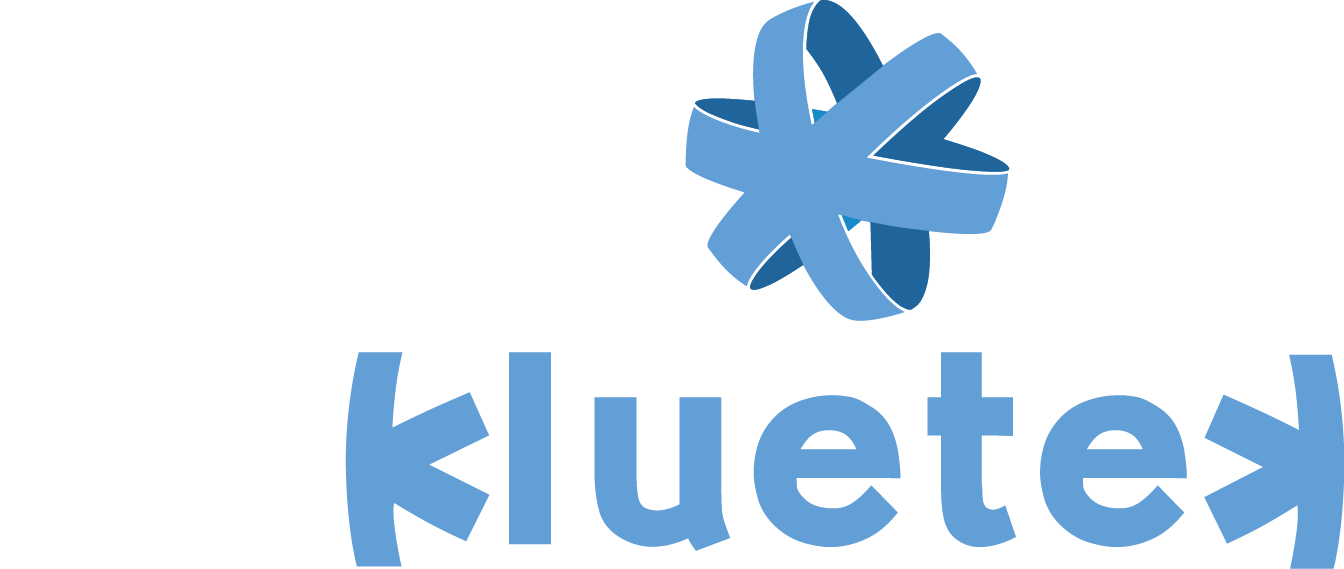Deciding who to call when you have a computer or network problem can be a very difficult task. Labour rates probably play a role, but certainly don’t represent the major differentiation in providers. How do you know that the person you’re calling has the knowledge to correct the issue properly? So the question is: What criteria can you use to determine the skill level of a given company or technician in helping you with your company’s IT?
The computer industry has many certification standards with varying levels of value to different types of clients and businesses. The first widely received and respected certification in the industry was Novel’s Certified NetWare Engineer (CNE) certification. Probably the most well known today is Microsoft’s Certified System Engineer (MCSE) certification which focuses on Microsoft server software. Both of these certifications test knowledge on specific operating system functional knowledge and configuration techniques, but both lack the ability to test real world troubleshooting ability, communication skills, experience, and basic computer and network knowledge.
In the late 1990s with the dot com boom and growth of IT, the industry became flooded with people who were referred to as “paper CNE’s”. This term referred to people who were good at writing tests and absorbing book knowledge, but who ultimately did not have the necessary skills to support computer systems and networks. As a result both of the above mentioned certifications lost a great deal of credibility. In addition to this trend, many software and hardware manufacturers started to look at their certification programs as profit centers instead of break-even service programs. The Computer Technology Industry Association (CompTIA) saw the gap between the manufacturer specific certifications and created the A+ certification to test basic knowledge, communication and troubleshooting skills, and has since added a number of other more focused certifications in areas such as networking, servers and security to name a few.
While certifications do have some value for someone looking to find assistance, there are better measures available. Reputation is probably the best test of a person or company’s skills. If someone is recommended by a trusted source with firsthand knowledge of someone’s abilities, then a foundation of trust has been offered.
Experience, while sometimes misleading, shows that a person has been able to stay relevant in a changing and challenging industry. A company with a varied technical team and a culture that promotes collaboration will offer the combined experience of the team which enhances their ability to address a wider range of technology challenges.
Communication is also an important quality. The most important step in troubleshooting a problem is understanding what the problem is. You should feel comfortable that the person you are dealing with has taken the time to fully understand what the issue is that they have been asked to address. Computers are complex devices with many variables that can affect how software, hardware, and humans interact. Unforeseen problems will arise regardless of a technician’s skills and experience, so it is important to know how these problems will be addressed as well.
There are always exceptions and exceptional people so these are merely guidelines to help put you on the right path. Everyone’s specific needs are also different so there is no one company or person that would be considered the best or “guru” in all cases. Select someone who you feel will meet your needs, but don’t be afraid to change if they are not a good fit.
Basic IT Solutions has been helping small and medium-sized businesses in the Lower Mainland with their IT needs for over 30 years. We can handle everything from project planning and deployment to outsourced service. Contact us today for all your IT needs!
